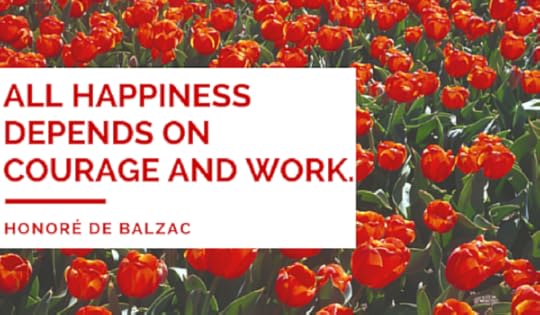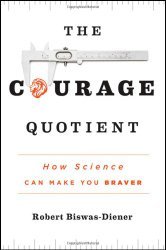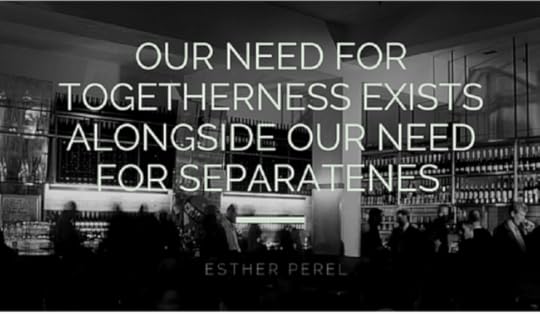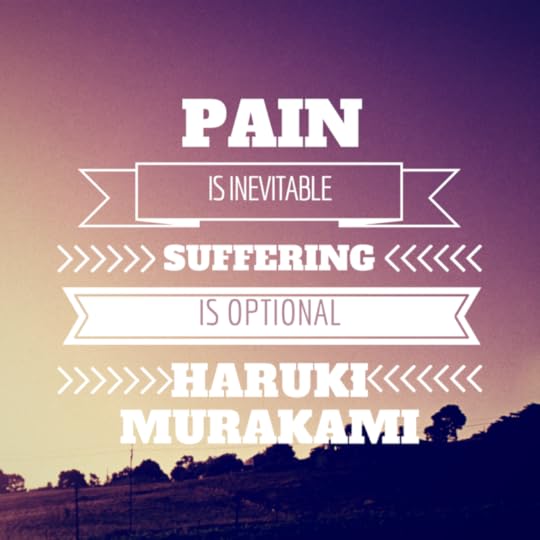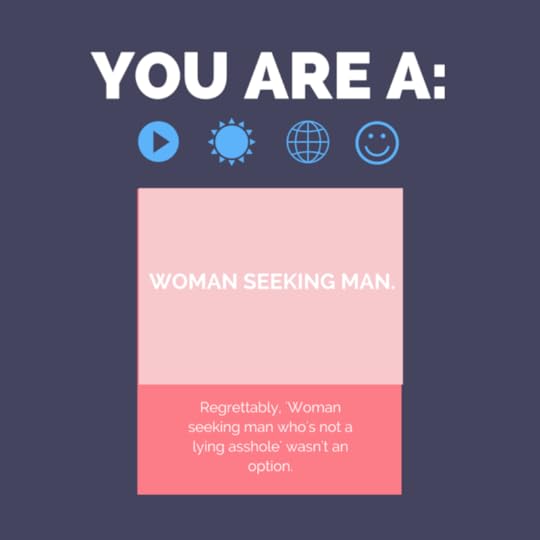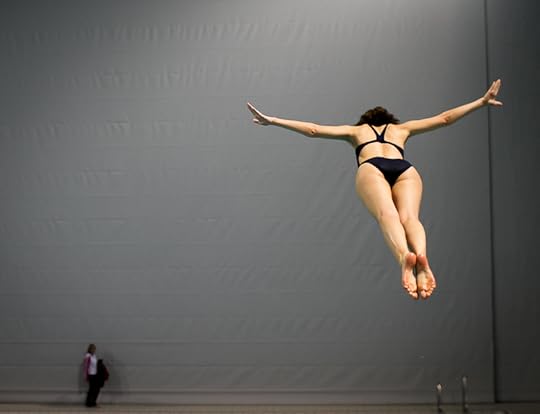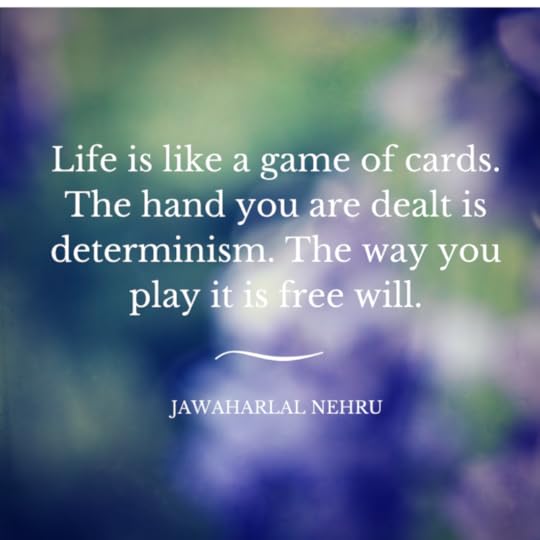Merce Cardus's Blog, page 88
July 3, 2015
WEEKEND LINKS ~ Reads on Writing, Self-publishing, and Better Living: The Charisma Myth
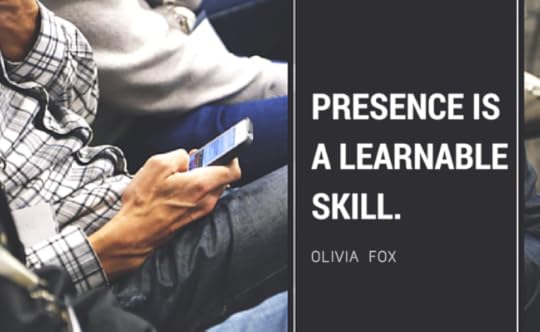 Quote of the day
Quote of the day In the torrid London summer of 1886, William Gladstone was up against Benjamin Disraeli for the post of prime minister of the United Kingdom. This was the Victorian era, so whoever won was going to rule half the world.In the very last week before the election, both men happened to take the same young woman out to dinner. Naturally, the press asked her what impressions the rivals had made. She said, “After dining with Mr. Gladstone, I thought he was the cleverest person in E...
July 1, 2015
The Art And The Science Of Courage
The Courage Quotient: How Science Can Make You Braver reveals that courage is more about managing fear than not feeling it, and that courage can be learned.
reveals that courage is more about managing fear than not feeling it, and that courage can be learned.

What is courage?
Many dictionary definitions of courage say essentially the same thing: courage is a quality of mind or spirit that allows a person to face danger or difficulty without showing fear. Embedded in this definition is the idea that courage is, to some degree, a mindset rather than a behavior. In the end, courage is not found...
Unlocking Erotic Intelligence
Esther Perel discusses the very important distinction between sex and eroticism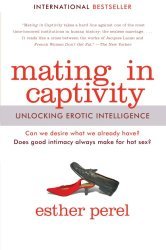 , the latter being exclusive to humans. Perel is recognized as one of the world’s most original and insightful voices on personal and professional relationships. She is the best-selling author ofMating in Captivity: Unlocking Erotic Intelligence
, the latter being exclusive to humans. Perel is recognized as one of the world’s most original and insightful voices on personal and professional relationships. She is the best-selling author ofMating in Captivity: Unlocking Erotic Intelligence

To distinguish between sexuality and eroticism
Which I think is actually a profound distinction, is that animals have sex and it is the nature, it is the primary urge, it...
THURSDAY LINKS ~ Reads on Writing, Self-publishing and Better Living: The Monogamy Gap
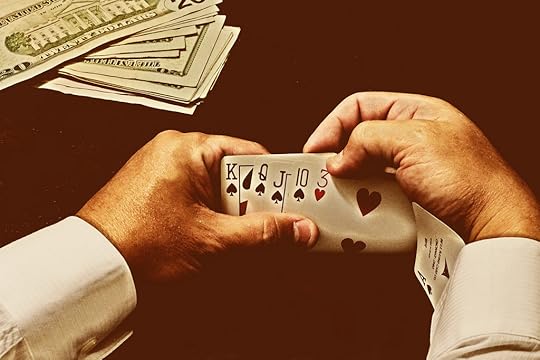
Photo Credit: hjhipster via Compfight cc
Quote of the dayYoung men entering into romantic/sexual relationships are misled into thinking that monogamy is capable of providing them with a lifetime of sexual fulfillment and that if they truly loved their partners they would not desire others. This, we are told, is because monogamy is healthy, proper, moral, and natural. Anyone deviating from or challenging this script is stigmatized.
Thus, the final option, cheating, becomes the only rational...
June 30, 2015
What Runners And Philosophers Have In Common

Running and Philosophy: A Marathon for the Mind is a unique anthology of essa
is a unique anthology of essa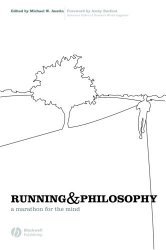 ys exploring the philosophical wisdom runners contemplate when out for a run.
ys exploring the philosophical wisdom runners contemplate when out for a run.
Running and Philosophy, perhaps surprisingly, have a lot in common:
One.- Both are often difficult, and often rewarding.
Two.- Each requires endurance and patience.
Three.- Runners and philosophers often receive puzzled looks from non-runners and non-philosophers.
Why would someone get out of bed on a cold, dark winter morning in orde...
How I Hacked Online Dating
Amy Webb was having no luck with online dating. The dates she liked didn’t 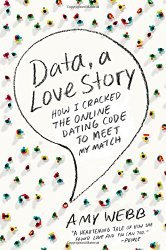 write her back, and her own profile attracted crickets (and worse). So, as any fan of data would do: she started making a spreadsheet. Hear the story of how she went on to hack her online dating life — with frustrating, funny and life-changing results.
write her back, and her own profile attracted crickets (and worse). So, as any fan of data would do: she started making a spreadsheet. Hear the story of how she went on to hack her online dating life — with frustrating, funny and life-changing results.
She heads the digital strategy house Webbmedia Group, and is a founder of the SparkCamp discussion series. She’s the author ofData, a Love Story: How I Cracked the Onli...
HUMP DAY LINKS ~ Reads on Writing, Self-publishing, and Better Living: Fear Is An Indicator
Photo Credit: monsieur I via Compfight cc
Are you paralyzed with fear? That’s a good sign. Fear is good. Like self-doubt, fear is an indicator. Fear tells us what we have to do. Remember one rule of thumb: the more scared we are of a work or calling, the more sure we can be that we have to do it.
~STEVEN PRESSFIELD, author ofThe War of Art: Break Through the Blocks and Win Your Inner Creative Battles
WRITING & SCREENWRITING:
The secret behind making me care about your characters, Terrible...June 29, 2015
10 Laws Of Doing
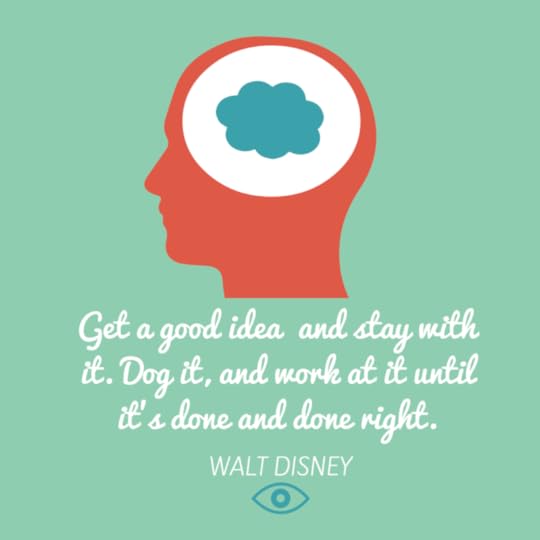
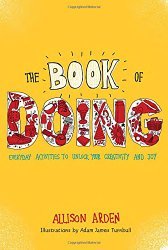 The Book of Doing: Everyday Activities to Unlock Your Creativity and Joy
The Book of Doing: Everyday Activities to Unlock Your Creativity and Joy offers a collection of ideas and activities that encourage you to use your life as a canvas and explore your creativity through everything you do-to create and make, to explore and experiment, to play and build, to paint and cook-to do. Go ahead. Roll up your sleeves and get to it. It’s time to do the things that make you happiest.
offers a collection of ideas and activities that encourage you to use your life as a canvas and explore your creativity through everything you do-to create and make, to explore and experiment, to play and build, to paint and cook-to do. Go ahead. Roll up your sleeves and get to it. It’s time to do the things that make you happiest.
10 Laws of doing:
1. Everything starts with nothing.
Sometimes it takes a few steps for y...
June 26, 2015
The Freedom of The Marionette and The Faith of Puppets

InThe Soul of the Marionette John Gray draws together the religious, philosophi
John Gray draws together the religious, philosophi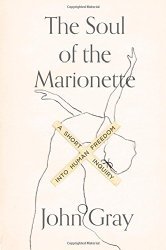 c, and fantastical traditions that question the very idea of human freedom.
c, and fantastical traditions that question the very idea of human freedom.
A puppet has no will of its own
A puppet may seem the embodiment of a lack of freedom. Whether moved by a hidden man or pulled about by strings, a puppet has no will of its own. All of its movements are directed by the will of another–a human being who has decided what the puppet will do. Entirely controlled by a mind outside itself, a pu...
A Darwinian Theory Of Beauty
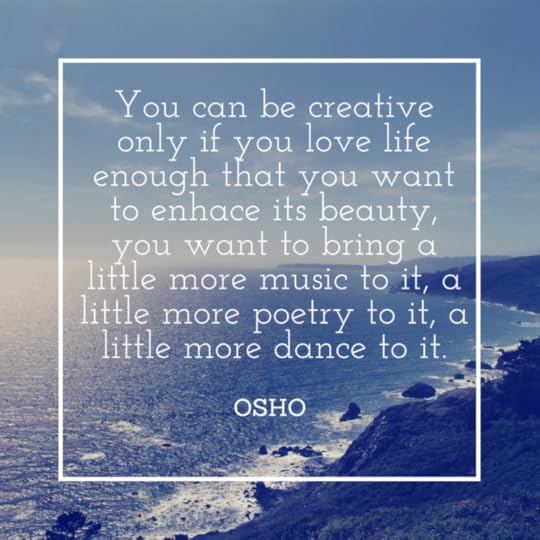
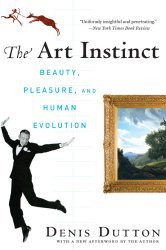
 Why do humans take pleasure in making art? In his 2009 book The Art Instinct
Why do humans take pleasure in making art? In his 2009 book The Art Instinct , philosopher Denis Dutton suggested that art is a need built into our systems, a complex and subtle evolutionary adaptation comparable to our facility for language. We humans evolved to love art because it helps us survive; for example, a well-expressed appreciation of art can — even in modern times — help us to find a mate. It’s a bold argument to make, bolstered by examples from the breadth of art history that Dut...
, philosopher Denis Dutton suggested that art is a need built into our systems, a complex and subtle evolutionary adaptation comparable to our facility for language. We humans evolved to love art because it helps us survive; for example, a well-expressed appreciation of art can — even in modern times — help us to find a mate. It’s a bold argument to make, bolstered by examples from the breadth of art history that Dut...

